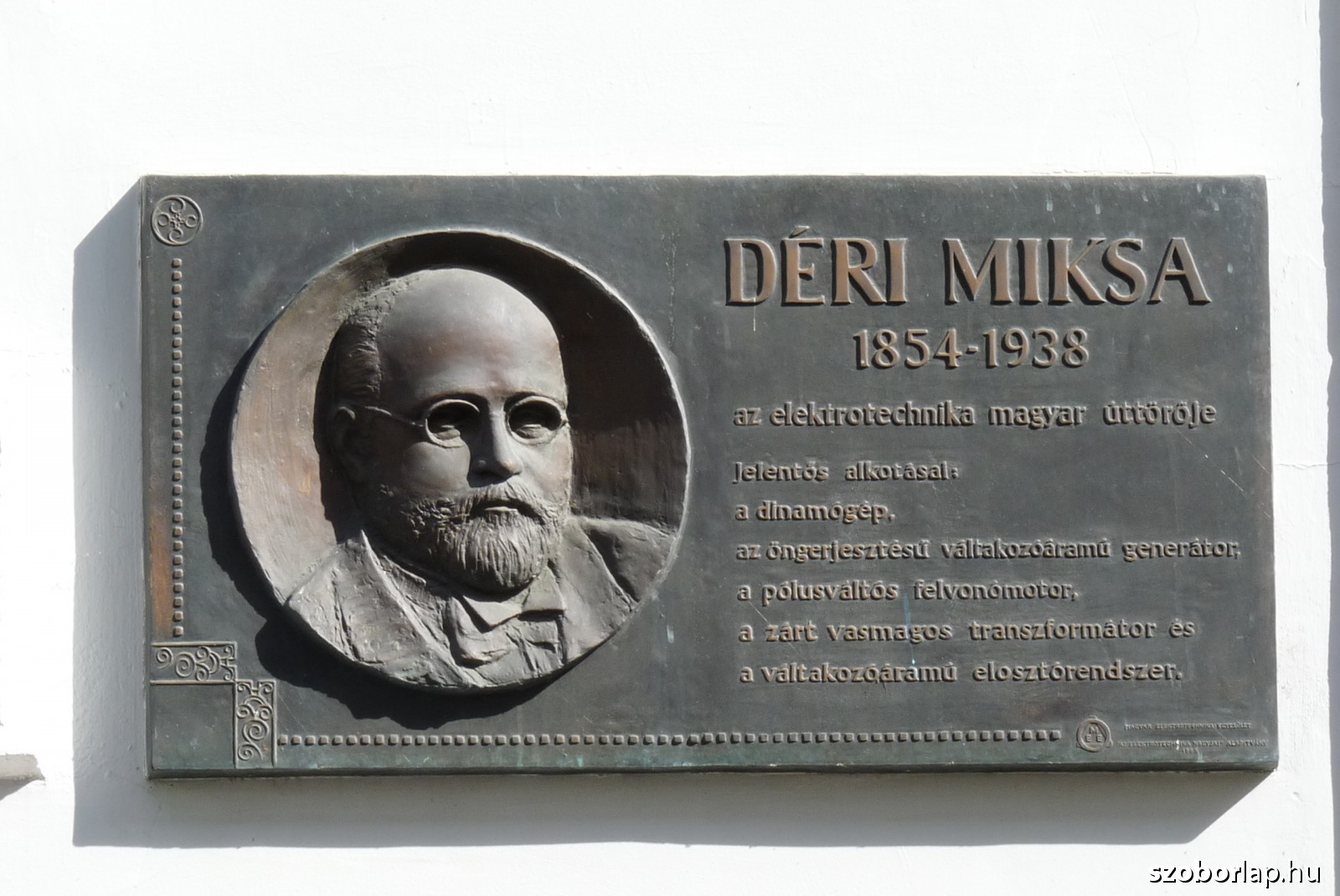Contributed to the development of stable energy grid in Europe: Who is Miksa Déri?
Miksa Déri is neither the only nor the first inventor who paved the way for electricity to reach all parts of the world with his work. There's certainly competition in science and invention, but it's a crazy sport where everybody wins.

The sources give different dates for the birthday of the next inventor we want to introduce. Some say October 24, others say October 27, but this outstanding engineer was born in 1854 in the Hungarian city of Bács-Kiskun to a merchant family. His family wealth allowed him to study civil engineering, first in Budapest and later at the Technical University in Vienna. In the following years, he continued his studies in electrical engineering. Early in his career, he was involved in management plans for the ambitious Danube and Tisza rivers. He joined the Ganz firm in 1882 as factory manager. Ganz, later known as MAVAG, is a well-known brand in the former Eastern Bloc countries where Ikarus buses are used.
Miksa Déri (27 October 1854 November, Bács, Kingdom of Hungary, (now: Bač, Serbia) – 3 March 1938) was a Hungarian electrical engineer, inventor, power plant builder. He contributed with his partners Károly Zipernowsky and Ottó Bláthy, in the development of the closed iron core transformer and the ZBD model. His other important invention was the constant voltage AC electrical generator in the Ganz Works in 1883. The missing link of a full Voltage sensitive - voltage intensive (VSVI) system was the reliable AC Constant Voltage generator. Therefore, the invention of the constant voltage generator at the Ganz Works had crucial role in the beginnings of the industrial scale AC power generating, because only these type of generators can produce a stated output voltage, regardless of the value of the actual load.
In this company, Déri met Károly Zipernowsky and Ottó Bláthy, with whom he achieved his greatest successes. Together with Károly Zipernowsky, Déri developed his first important invention, the self-excited generator. This was the first step towards developing the ZBD device (the name comes from the abbreviation of the developers' names) and was a real breakthrough in electrical engineering at the time. ZBD is a transformer that enables the efficient transmission of electricity over considerable distances. Its efficiency is 98% and it was used to build the first power plant using AC generators. Ganz engineers presented their achievements at the World's Fair in Paris, where they won the Grand Prize. The date of the fair coincides with the date when the Eiffel Tower was erected in the capital of France.
Thanks to ZBD, Déri was able to try new things. He first took part in the construction of a power plant in Vienna, and 3 years later in 1892, using his engineering experience, he took part in the construction of a hydroelectric power station in Tivoli and the establishment of a transmission line that supplies electricity to Rome. The invention also contributed to the electrification of other cities such as Milan or Frankfurt. Déri continued his research, development, and improvement of electric motors, such as the single-phase recoil motor.
The Hungarian scientist's research contributed to the development of a stable energy grid in Europe. Today, an industry independent of power supplies with strictly defined parameters is unthinkable. To monitor power quality, a range of specialized instruments and meters are used to ensure the efficient operation of all production lines. The operation of numerous automation components is strictly dependent on the specified voltage or frequency. The predictable values of these parameters allow the construction of sensitive relays, inverters, and efficient motors and increase safety in the workplace. The solutions developed by Hungarian scientist is also used in mobile generators.
Miksa Déri is neither the only nor the first inventor who paved the way for electricity to reach all parts of the world with his work. There's certainly competition in science and invention, but it's a crazy sport where everybody wins.
